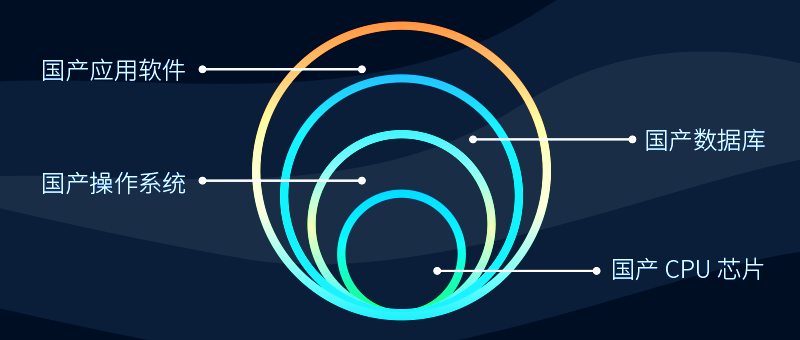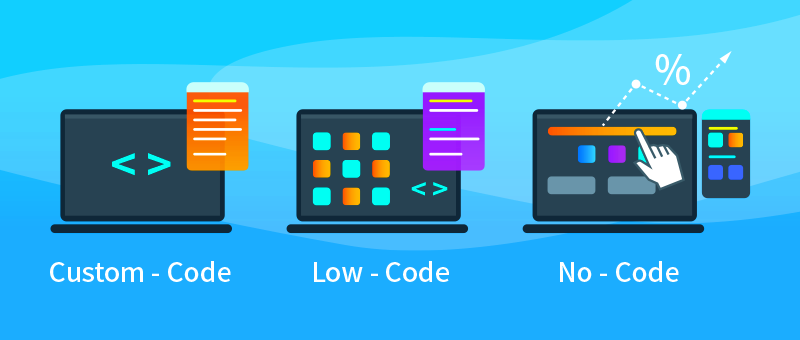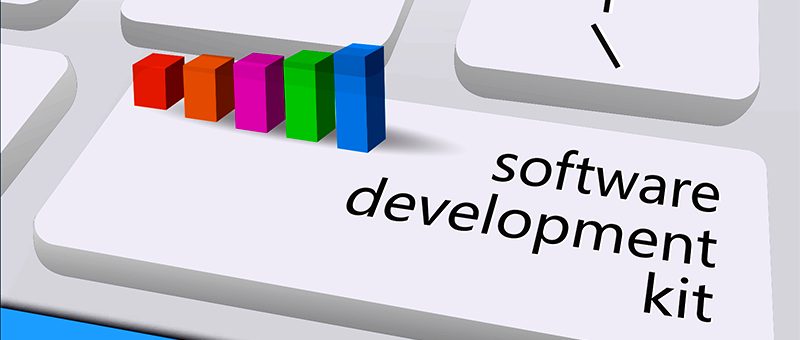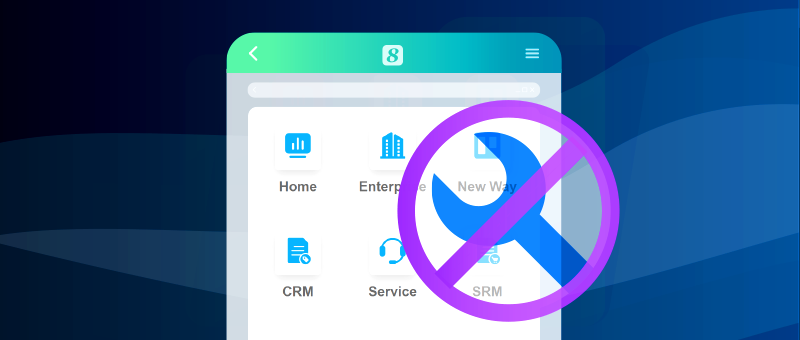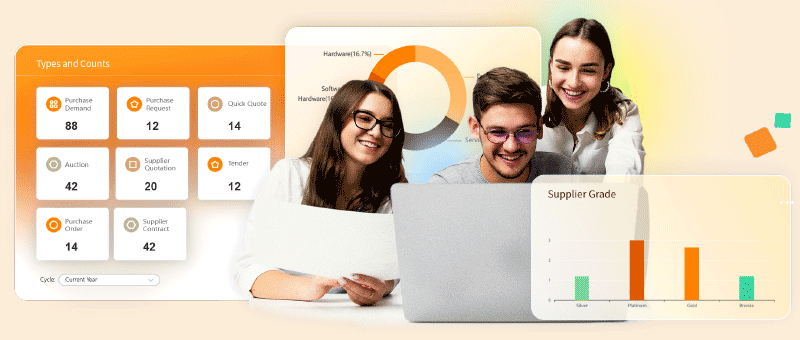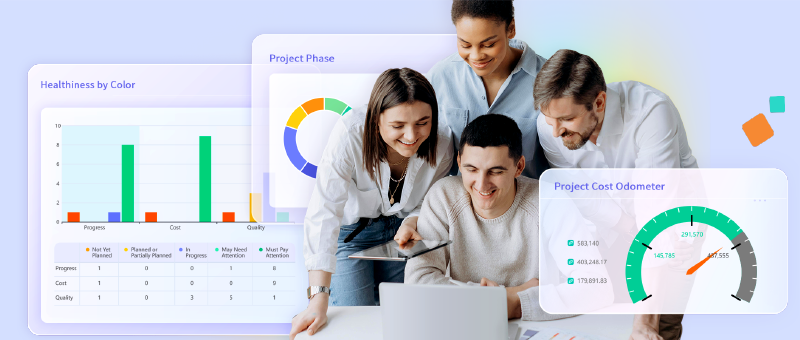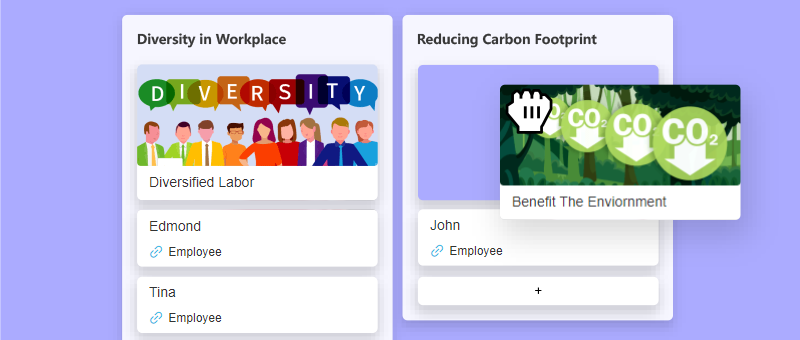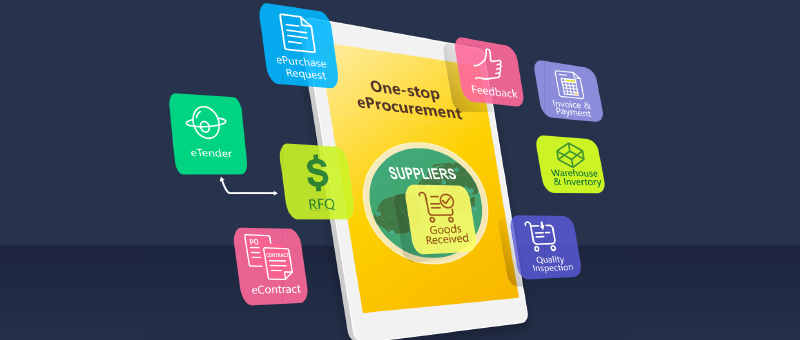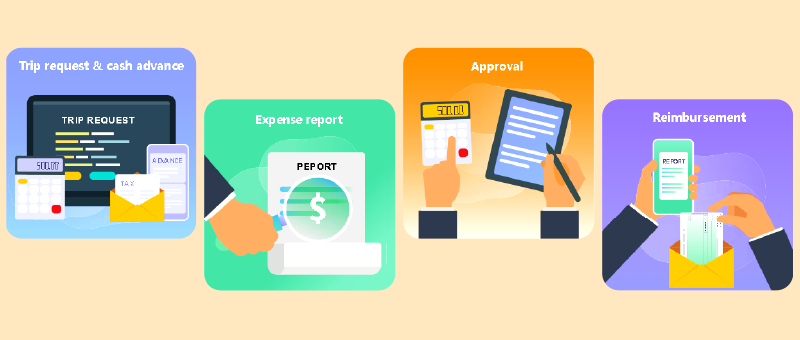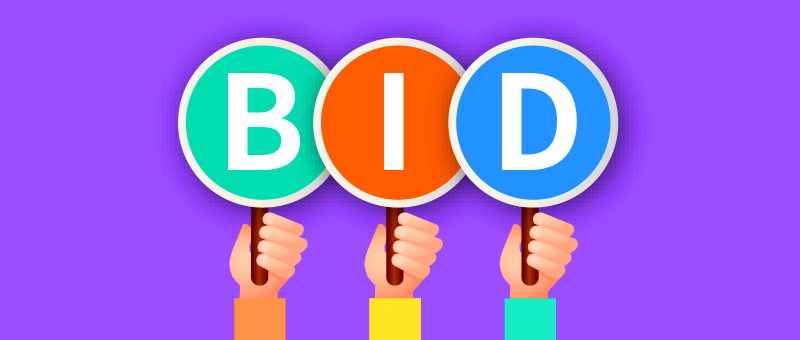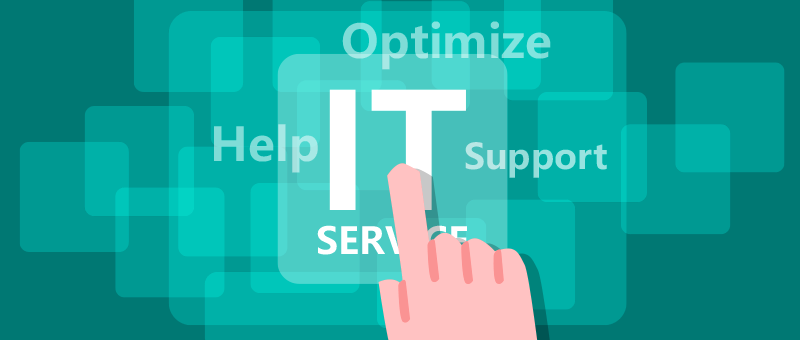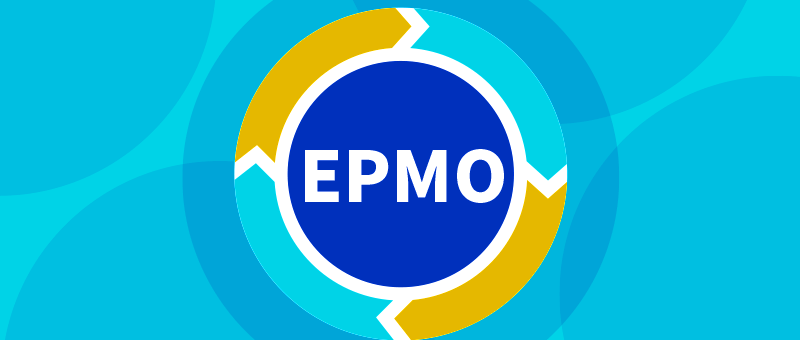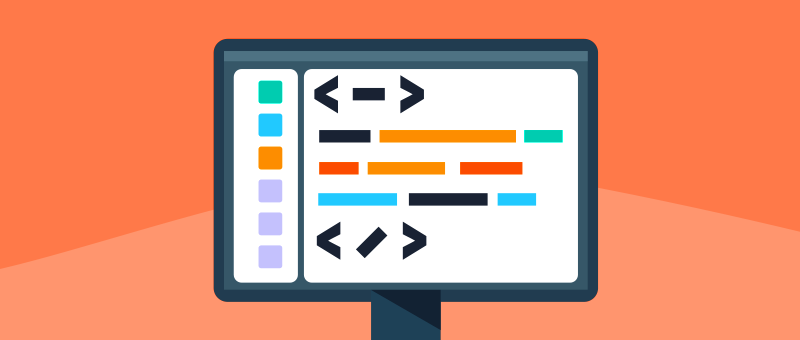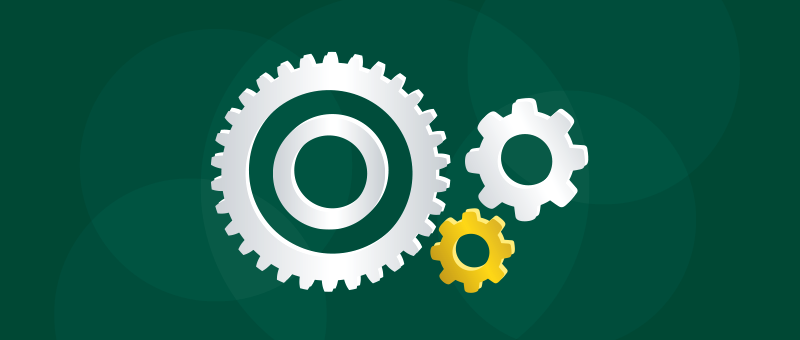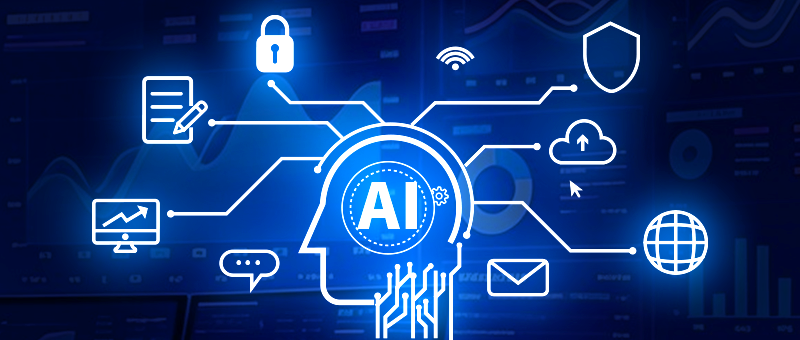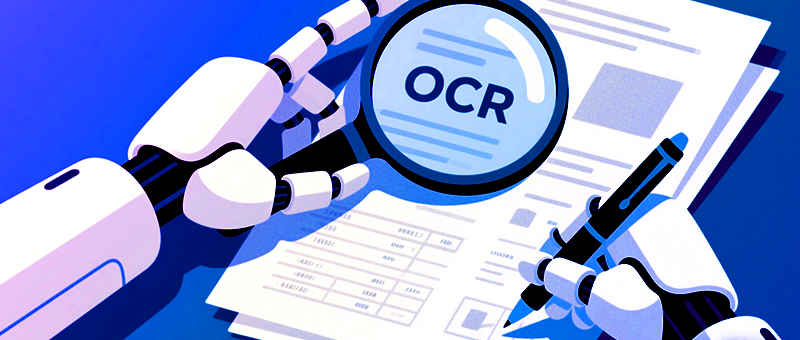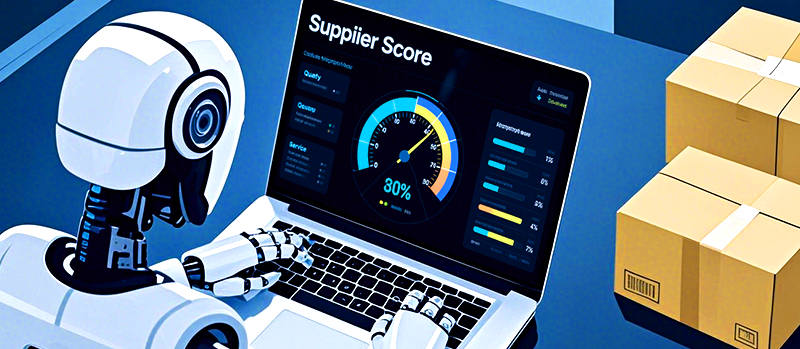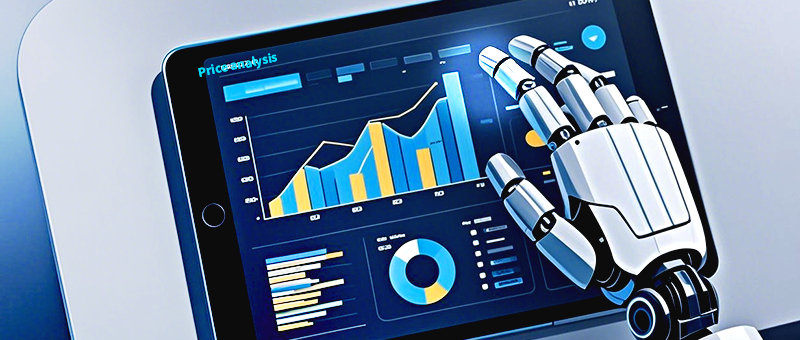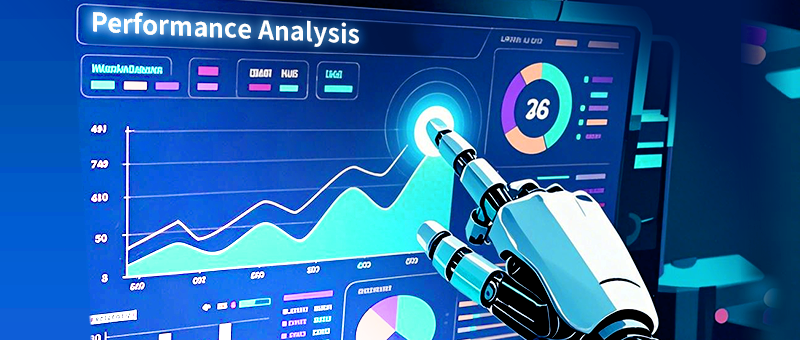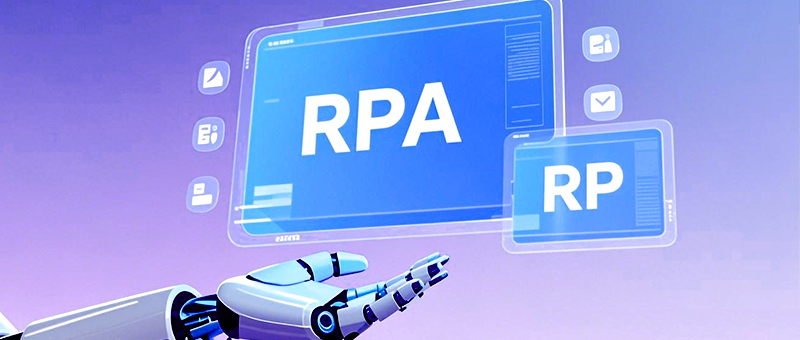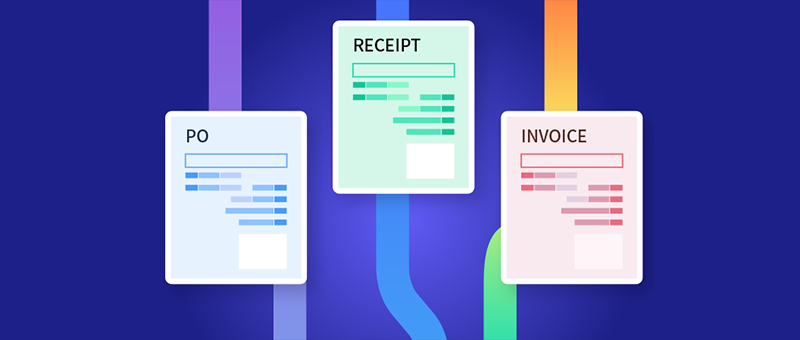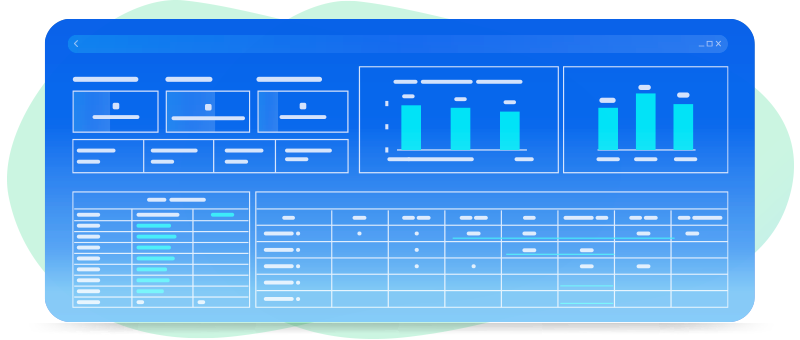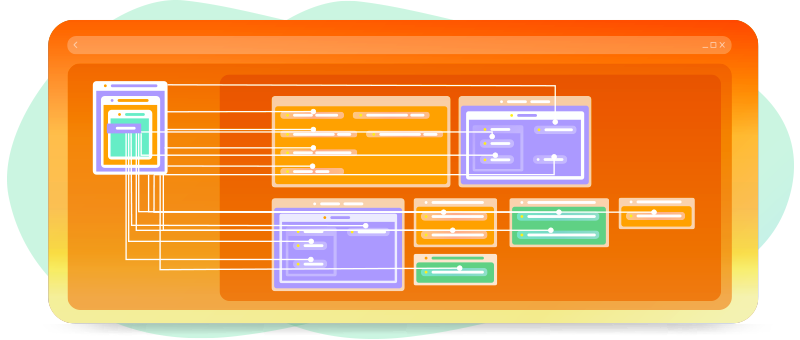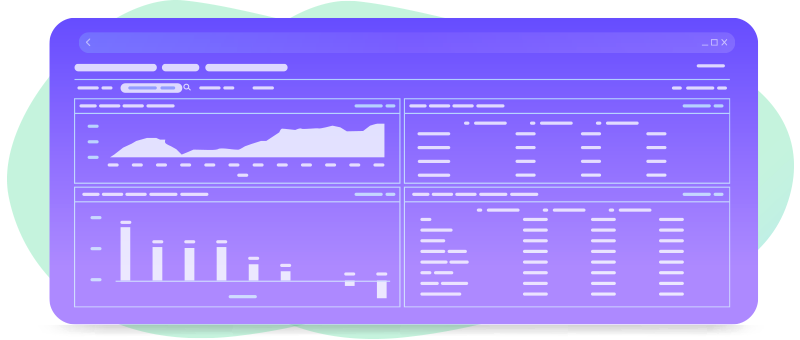Special News
Practical Project Cost Management Balancing Quality and Budget
2024-12-16
Cost management is a central issue in project management. Particularly when budgets are constrained, achieving high-quality outcomes while avoiding overspending poses a critical challenge for project managers. This article explores practical strategies and the role of modern project management systems in balancing quality and budget.
Core Principles of Project Cost Management
Project cost management is not just about controlling expenses but also about efficient resource allocation. Here are three core principles:
1.Clear Objectives: Define project scope, goals, and key deliverables at the outset. Clear objectives help minimize resource wastage and enhance financial efficiency.
2.Real-Time Monitoring: Cost management is dynamic, requiring continuous tracking of budget usage throughout the project to identify deviations and make adjustments promptly.
3.Accurate Forecasting: Use historical data and industry benchmarks to estimate project costs accurately, avoiding underestimations or overestimations.
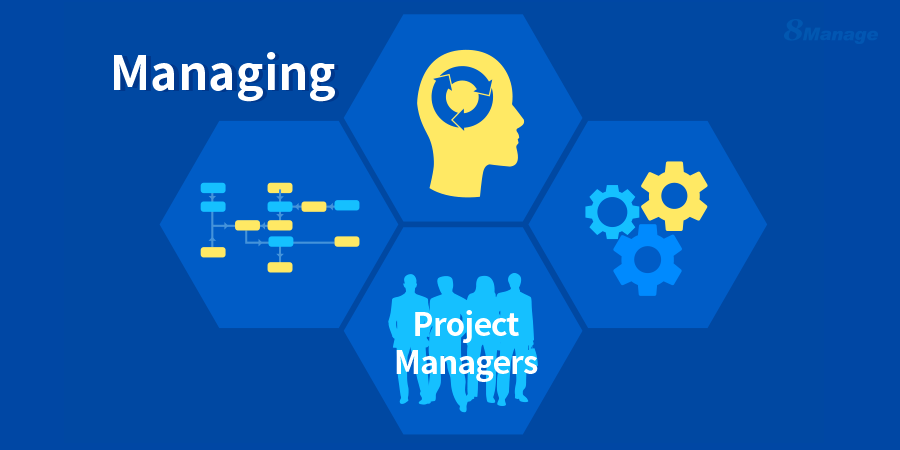
Challenges in Balancing Quality and Budget
In real-world projects, several common issues can lead to conflicts between quality and budget:
1.Scope Creep: Undefined or frequently changing requirements result in budget overruns.
2.Insufficient Resources: Inadequate allocation of critical resources (e.g., manpower, equipment) impacts project quality.
3.Lack of Risk Management: Failure to identify potential risks in advance can lead to unforeseen costs.
To address these challenges, project managers must employ systematic methods and tools, such as the 8Manage PM system, to ensure efficient progress within budget constraints.
The Role of Project Management Systems in Cost Management
Modern project management systems serve as indispensable tools for project managers, enhancing cost management in the following ways:
1.Budget Planning and Management
Systems like 8Manage PM enable teams to quickly create detailed budgets, breaking them down by task or phase. This granular approach facilitates precise cost predictions.
2.Cost Tracking and Analysis
Real-time cost tracking features, with visual reports and charts, allow managers to monitor budget consumption and identify anomalies promptly.
3.Resource Optimization
Systems analyze resource utilization, optimizing the allocation of personnel and materials to avoid waste while ensuring critical tasks are adequately resourced.
4.Risk Management
Integrated risk management modules help identify potential risks and develop contingency plans, minimizing additional costs from unforeseen events.
5.Communication and Collaboration
Built-in collaboration tools in systems like 8Manage PM facilitate information sharing among teams, reducing communication errors and enhancing decision-making efficiency.
Practical Strategies: Efficiently Balancing Quality and Budget
1.Develop Detailed Project Plans
Use project management systems like 8Manage PM to create comprehensive plans, including task breakdowns, milestones, and resource allocations. Detailed planning provides a solid foundation for budget control.
2.Adopt Agile Management Methods
Agile practices emphasize iterative development and incremental delivery, helping control scope creep and reduce unnecessary costs.
3.Establish Multi-Layered Monitoring Mechanisms
Leverage project management systems to set up layered cost monitoring, tracking expenses from overall project levels down to task details to identify issues early.
4.Focus on Quality Assurance
Define quality benchmarks for each phase to ensure deliverables meet requirements, reducing costly rework.
5.Allocate Contingency Funds
Reserve a portion of the budget for emergencies to address unforeseen risks without jeopardizing the overall budget.
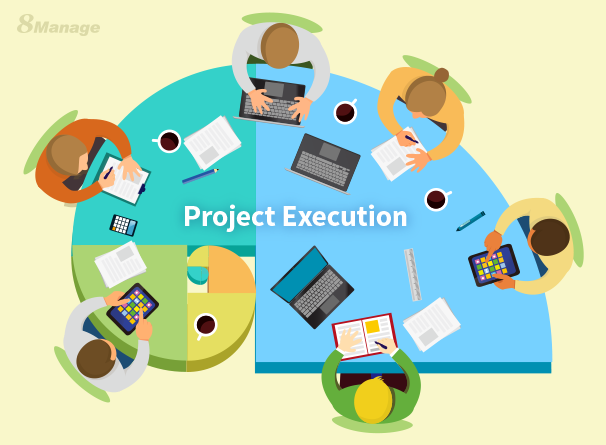
Case Study: Improving Cost Management Efficiency with Project Management Systems
A large construction company used the 8Manage PM system for a new office building project:
1.Initial Planning: Detailed budgeting and resource allocation were completed using the system.
2.Real-Time Monitoring: Cost tracking features helped identify overspending on procurement, allowing quick adjustments.
3.Risk Management: Potential risks were predefined in the system, and contingency funds were reserved for delays.
4.Outcome: The project was completed within budget and to a high standard, earning client accolades.
FAQs
1.How can project management systems help small businesses control costs?
By automating budget planning and real-time tracking, project management systems enable small businesses to manage resources and costs accurately. Collaboration features also reduce communication errors and enhance efficiency.2.What project management systems are suitable for startups?
Startups can opt for flexible and cost-effective tools like Asana, Trello, or local solutions such as DingTalk’s project management module. These systems are easy to use and meet basic cost management needs.3.Are project management systems expensive to implement?
Costs depend on the system’s scale and features. Small businesses can choose affordable SaaS-based solutions with low initial investment, while larger enterprises might require custom development with higher costs.Through proper selection and usage of project management systems, businesses of all sizes can effectively control costs while improving project quality.
Most popular

How IPD drives product R&D toward commercial success

Top procurement management systems to elevate your business in 2025

Are your project managers ready for AI?
Related articles
8Manage PM vs Trello vs Lark: Best enterprise project management
2025-06-10
Best project management tools for R&D teams 2025: 6 efficient options
2025-05-29
Scientific project management: 4 top tools and efficiency tips
2025-05-14
6 top tools to boost new product development efficiency
2025-04-30
IPD R&D project management: process and tools(including 8Manage PM)
2025-04-25







